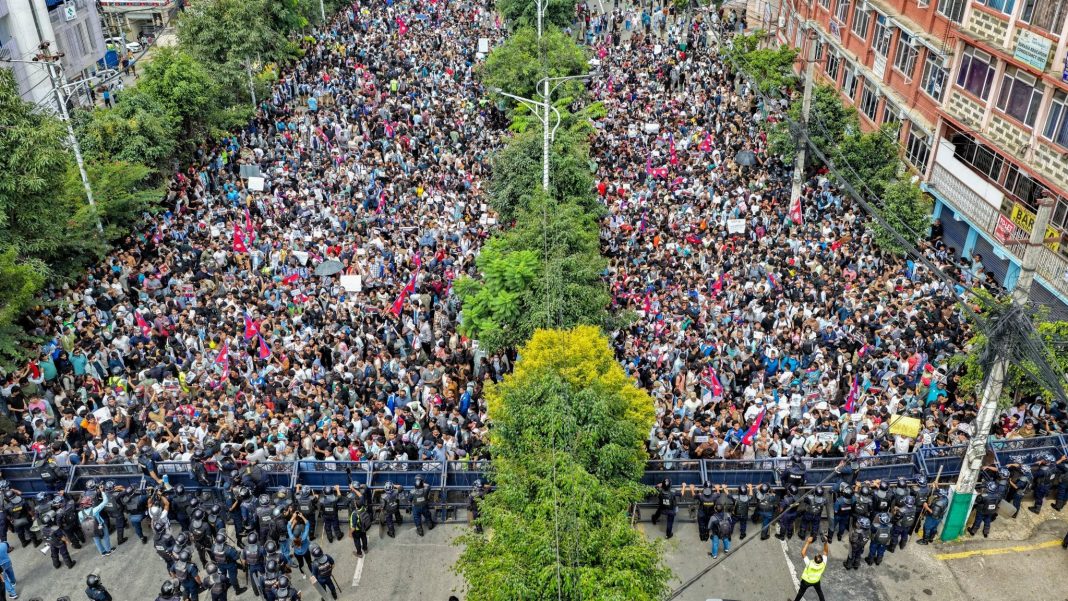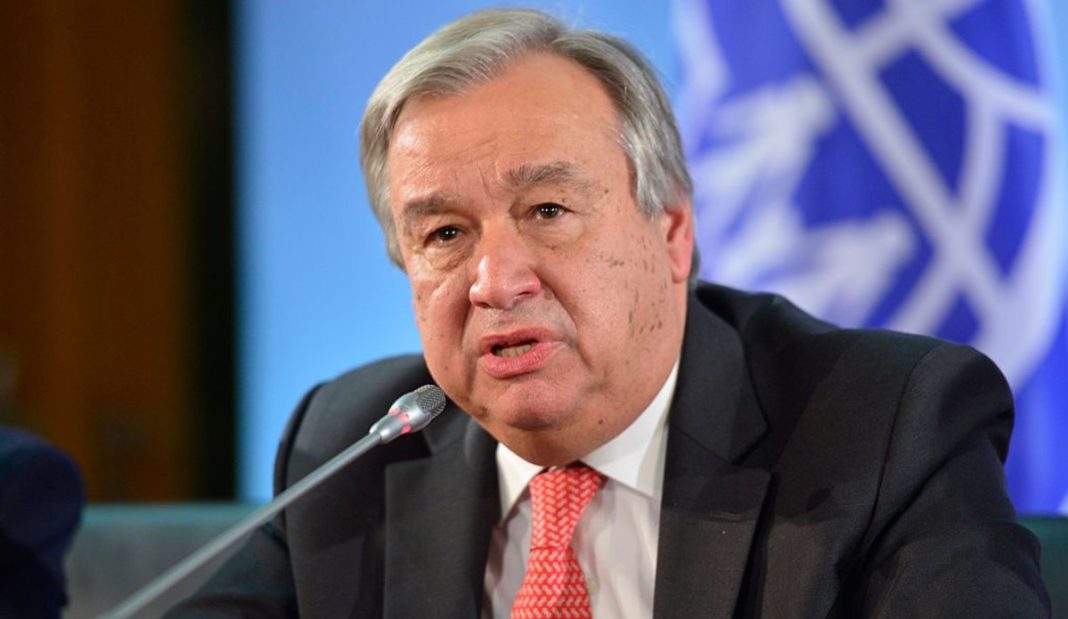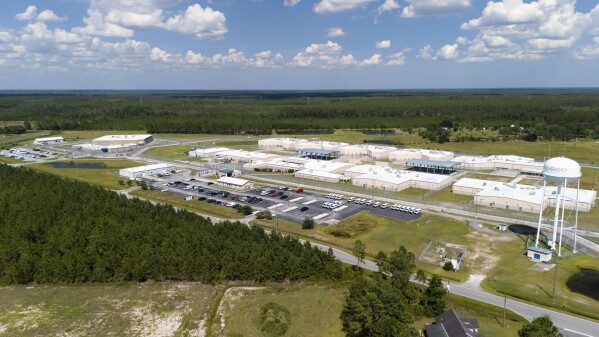Bahraich/Gorakhpur, Sep 10: As unrest continues in Nepal, Uttar Pradesh’s border districts saw empty markets, with residents grappling with cancelled travel plans and severed family contacts across the frontier and many expressing concern over the disruption of their daily lives.
In Bahraich’s Rupaidiha town, which usually bustles with Nepali shoppers, markets have fallen silent.
“Normally, our markets thrive because Nepali buyers come here for daily needs. But now, the markets are silent. Families on both sides are interlinked by marriages, so the unrest has left people here worried,” said Dr Uma Shankar Vaishya, chairman of the local nagar panchayat.
Locals said the temporary social media ban in Nepal had even cut off communication with relatives across the border. The restoration of WhatsApp and Facebook brought some relief, but anxiety persists.
“People are very angry after the deaths during protests in Kathmandu. Schools are closed, markets shut, and demonstrations are intense in Nepalgunj too. The situation is tense, and Indian vehicles are not being allowed in,” said Vikas Gupta, a trader from Nepalgunj, in a WhatsApp message.
In Maharajganj’s Sonauli, bus operators and travel agents complained of severe losses as the border closure drove away tourists.
“Earlier, buses filled within 10 minutes, now it takes over an hour. If this goes on, we may have to run empty,” a conductor at the local depot said. Travel operator Sandeep Jaiswal added that dozens of clients had cancelled Nepal tours, forcing agencies to divert them to destinations like Ayodhya and Varanasi.
In Gorakhpur and Maharajganj too, residents said tourism and medical travel have collapsed. Many families who regularly visit Nepal for eye treatment or leisure trips have cancelled plans, hurting hotels and tour operators.
The situation was similar in Lakhimpur Kheri, where markets in the Gaurifanta border area wore a deserted look due to thin arrivals from Nepal. Locals said they had avoided visiting Dhangarhi town across the border amid violent protests there.
In contrast, residents in Pilibhit described conditions as largely peaceful.
“Several of our relatives have been living in Mahendranagar and Dhangarhi for years. They run permanent businesses there and even hold Nepali citizenship. They are all safe and report that business is going on normally,” said Subhash Dewal, a resident of Khakra mohalla.
While the scale of the impact varied, locals across districts said the unrest had upended their routine connections with Nepal, with fears that prolonged disruption could cause long-term damage to trade and livelihoods on both sides of the border.
The student-led “Gen Z” protests in Nepal that began against a government ban on social media expanded into a larger campaign reflecting growing public criticism of the KP Sharma Oli dispensation and the country’s political elite over alleged corruption and apathy towards the common people.
Prime Minister Oli resigned in the face of massive protests for a second day, even as the ban on social media was lifted late on Monday night. The demonstrators stormed many government buildings and set the parliament as well as homes of several high-profile leaders ablaze, a day after 19 people died in violence.(PTI)




